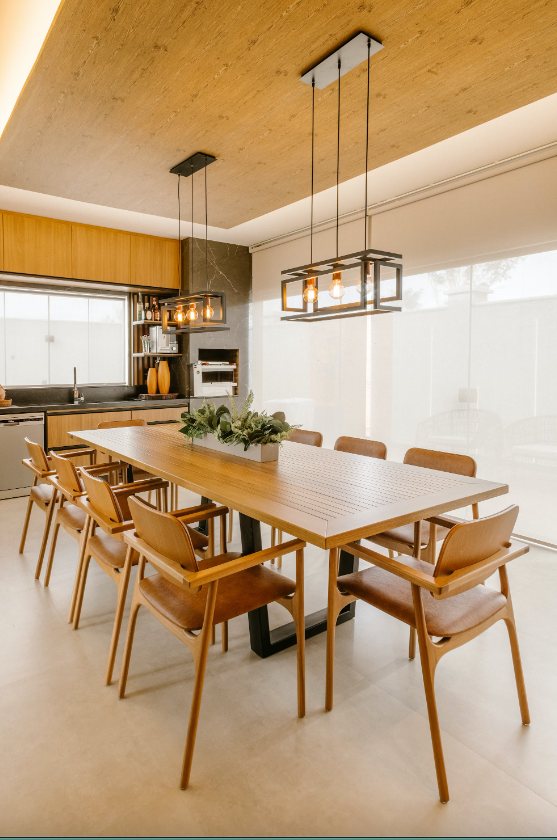The holiday season almost in full swing, here are a few budget friendly ways you can keep your guests entertained at home!
Having guests over at your home doesn’t have to mean an overpriced dinner, expensive wine and fancy dinner table decorations! With creativity, it’s easy to create unique holiday experiences together that won’t take too much time or money. Whether it’s finding an inventive way of decorating your home, or cooking up traditional family meals, there are plenty of inexpensive ideas to host your guests this holiday season.
1. Make dinner at home with recipes that are easy to prepare.
There’s something special about cooking a dinner at home with family and loved ones. It allows you to spend quality time together in a cozy, intimate setting without the distractions of a busy restaurant. And the best part? You don’t have to be a gourmet chef to create a delicious and romantic meal. You can impress your guests with culinary skills by following tutorials on YouTube for easy-to-prepare recipes without breaking a sweat.
2. Make your home feel cozy and warm with incense and candles
To make your home feel cozy this holiday season you want to definitely light your fireplace if you have one, and set up lots of candles to create that intimate cozy cabin feel! Another great way is to put out candles that are scented or burn incense that smells like cinnamon to make your home extra inviting. If you don’t have adequate heating in your home, now is the time to call some like Confident Comfort Heating and Cooling to take care of this. You wouldn’t want your guests cold when coming over!
3. Play board games instead of watching Netflix
Looking for a way to bring some excitement into your evenings without breaking the bank? Why not open a pack of cards or grab your favorite board game? Games like Yahtzee and Uno are classic choices that never get old, and they’re perfect for both a chill night in or a lively get-together with friends. Plus, with prices ranging from just a few dollars to less than twenty, you can enjoy hours of entertainment without spending a fortune. So why not trade in your usual Netflix binge for a game night full of laughter and friendly competition? Your wallet (and your inner child) will thank you.
4. Hit up a local park and take a walk after dinner
Spending time in nature can be incredibly grounding, especially after a long day. So why not hit a local park and walk while you chat about your day? Not only will you get some fresh air and exercise, but you’ll also have the opportunity to catch up on old times with your friends and family! Whether venting about a frustrating project at work or gushing about an exciting new opportunity, sharing your thoughts and feelings in a peaceful setting can be incredibly therapeutic. And who knows, maybe the park’s beauty will even inspire some new ideas or solutions to whatever challenges you may be facing.




